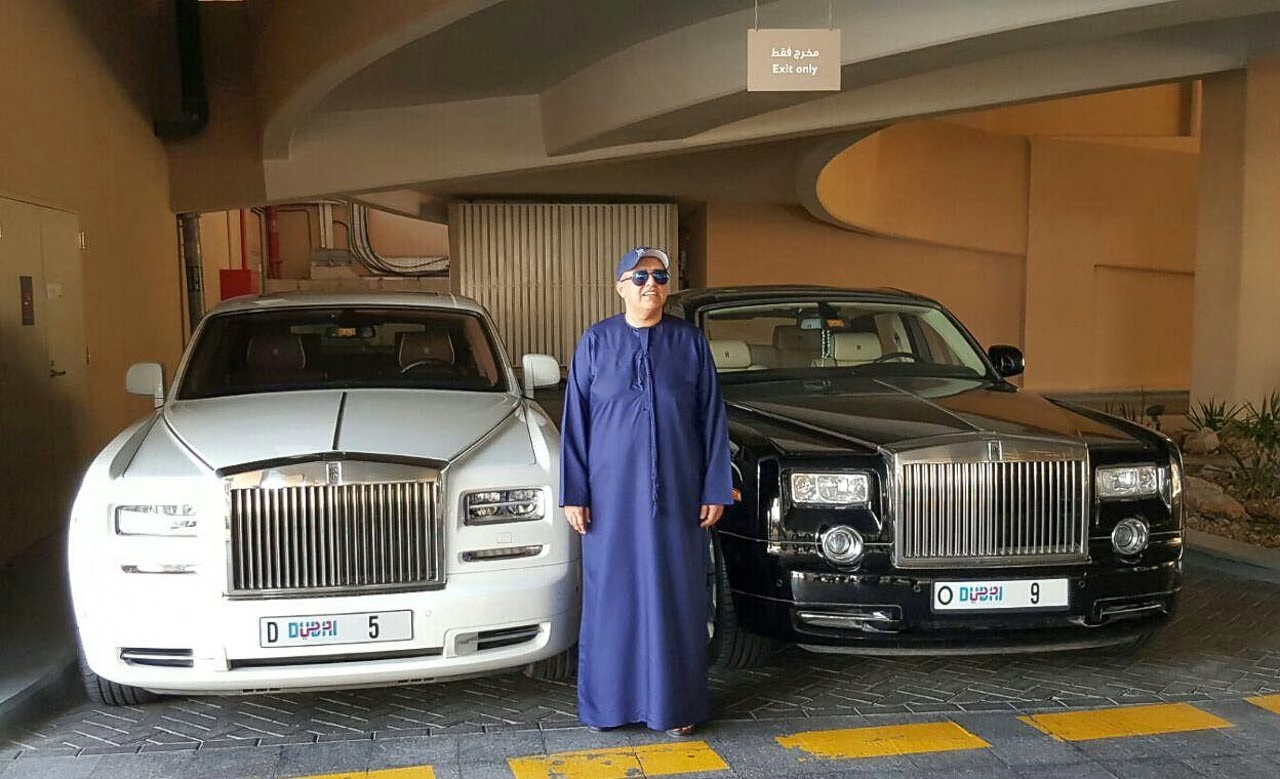Balvinder Singh Sahni, widely known as Abu Sabah, is a name that once symbolized extravagant success in Dubai’s real estate world. A businessman of Indian origin, Sahni gained global attention for his wealth, flamboyant lifestyle, and headline-making purchases. But in 2025, his reputation has taken a dramatic turn following a high-profile conviction for financial crimes in the United Arab Emirates. Here’s what we know about the man behind the headlines.
Who Is Abu Sabah?
Abu Sabah was born in 1972 in Kuwait and later moved to Dubai, where he rose to prominence as a real estate magnate. He is the founder and chairman of RSG Group, a property development company known for upscale residential and commercial projects, including Qasr Sabah, Burj Sabah, and luxury serviced apartments in the Jumeirah Village area.
He earned the nickname “Abu Sabah” in reference to his eldest son, Sabah, a common Arab naming tradition denoting fatherhood.
Fame Through Wealth
Abu Sabah became internationally recognized in 2016 when he purchased the single-digit Dubai license plate number “5” for AED 33 million (around $9 million at the time). The move was widely seen as a statement of both prestige and patriotism, with Sahni stating that he bought the plate out of “love for the UAE.”
He also made headlines for charitable donations, including contributions to Indian government relief efforts and local UAE causes. His Instagram presence, luxury car collection, and regular appearances at elite events helped build the image of a self-made billionaire with deep roots in Dubai’s economic ecosystem.
Legal Trouble and Conviction
In late 2024, authorities in the UAE launched a comprehensive investigation into a suspected money laundering network linked to Sahni and his associates. The probe revealed a web of shell companies, forged invoices, and suspicious transactions that violated the country’s stringent financial regulations.
In May 2025, Abu Sabah was convicted of money laundering and financial fraud. The Dubai Criminal Court sentenced him to five years in prison, fined him AED 500,000, and ordered the confiscation of assets worth approximately AED 150 million. Upon serving his sentence, he is expected to be deported from the UAE.
His eldest son and multiple associates were also implicated, with some being sentenced in absentia.
Business Impact and Public Response
RSG Group has since come under scrutiny, with regulatory authorities examining its project financing and ownership structure. While no official announcement has been made regarding the company’s dissolution or sale, industry insiders anticipate restructuring to distance the brand from Sahni’s conviction.
The public response to Abu Sabah’s fall has been mixed—some view his actions as a betrayal of the trust placed in Dubai’s business community, while others recall his philanthropic efforts and question how such activity went unchecked for so long.
Legacy: A Cautionary Tale
Abu Sabah’s story is a dramatic arc—from opulence and status to legal disgrace. His case underscores the UAE’s commitment to transparency and enforcement in financial dealings, especially as Dubai continues to position itself as a global financial hub.
Though he once symbolized aspiration and success, Balvinder Singh Sahni now stands as a reminder that no level of wealth or influence is immune to accountability.














